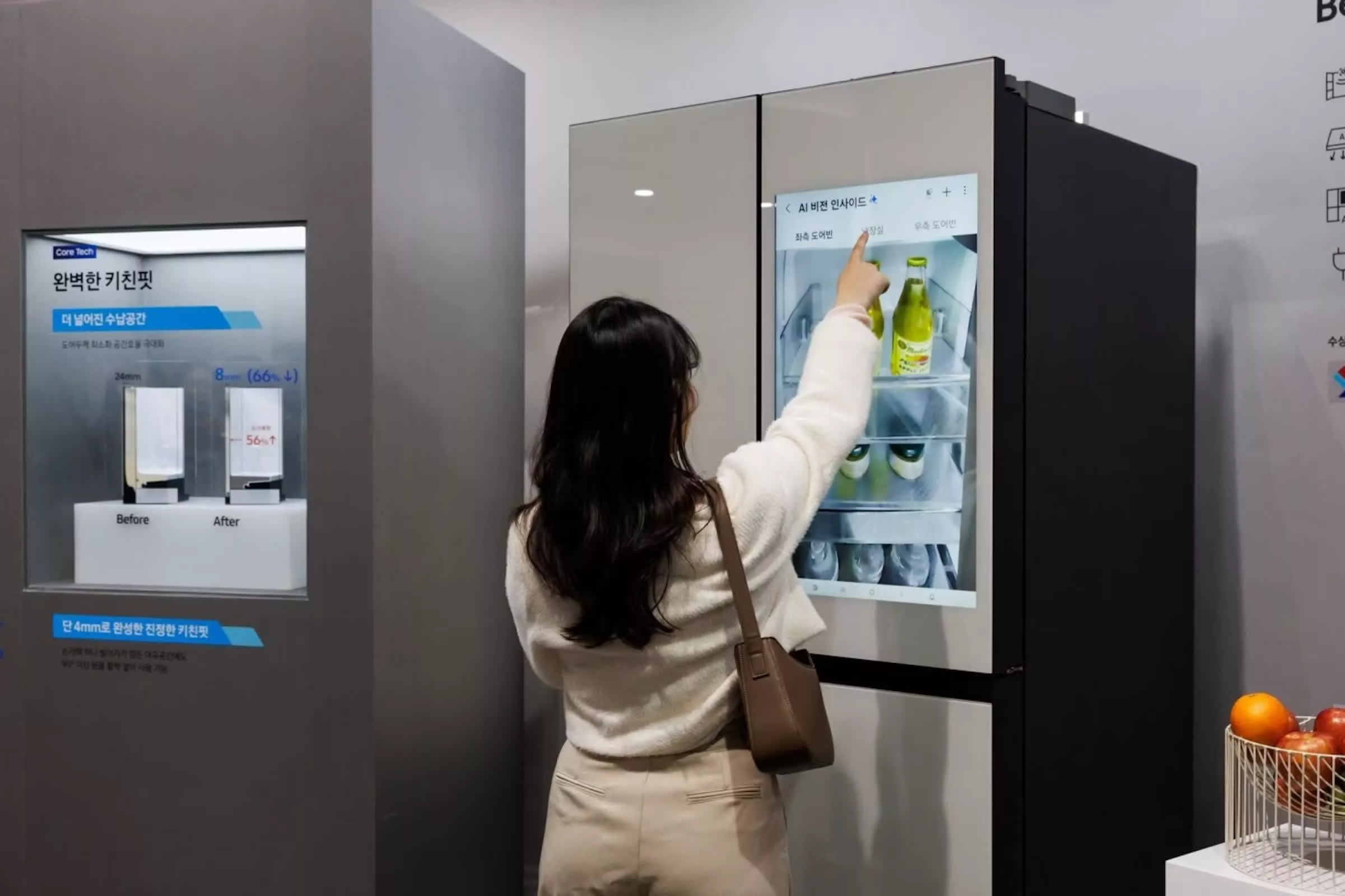Cutting corners: As the landscape for AI-powered products evolves, companies face growing demands to deliver not just innovation, but clearly supported and honestly communicated claims about what their technology can actually do. "When you market AI like magic, you're going to invite scrutiny," said George Heudorfer, an adjunct professor at the University of New Haven's Pompea College of Business. "Sometimes that exaggeration isn't just puffery. It's a performance claim, and you need to back that up with something more than a keynote and a catchphrase."
Major technology companies are reassessing the way they promote artificial intelligence features after increased scrutiny from industry and federal regulators. Over the past year, Apple, Google, Microsoft, and Samsung have revised or retracted several marketing claims about their latest AI products, responding to concerns that promotional materials may overstate what these systems can do or when new features will be available. The changes come as both the National Advertising Division (NAD) of BBB National Programs and the Federal Trade Commission sharpen their focus on the accuracy of AI advertising, requiring companies to provide clearer, more precise explanations about the technology's capabilities.
Big Tech is turning to ever more eye-catching and elaborate advertising campaigns to promote their AI products, frequently using large-scale events, demonstration videos, and widespread advertising campaigns. However, verifying the real-world capabilities of AI systems poses inherent difficulties, leading to challenges for both marketers and regulators. "That is the struggle in a lot of these cases around AI tools and products," Laura Protzmann, an attorney at the National Advertising Division of BBB National Programs, told the Wall Street Journal. Protzmann explained that the NAD began proactively investigating AI marketing claims because high-profile launches were exposing consumers to more such promises, often with limited means to assess the claims independently.

Samsung stopped claiming that its AI-powered refrigerator "automatically recognizes what's in your fridge, so you always know what's inside."
The NAD's inquiry found both supported and unsupported claims about AI features. In one prominent case, Apple's website advertised new AI features as "available now" alongside details about capabilities such as Priority Notifications, Image Generation tools, and ChatGPT integration.
According to the NAD, many of these features were still in development at the time of the advertisements, and Apple's small-print disclosures did not sufficiently clarify the rollout status. While they have largely launched through software updates since late 2024, Apple has since made its promotional materials clearer about which functions are actual and which are forthcoming. Apple also withdrew an ad showcasing an unreleased Siri capability that has yet to be delivered.
Other companies encountered similar reviews. Google removed a promotional YouTube video for its Gemini assistant following questions about its depiction of the product's performance and speed. The video, which demonstrated various advanced tasks, now resides mainly on a company blog that explains the context and limitations of the tasks shown.
Microsoft discontinued a web page touting the Business Chat feature of its Copilot assistant as operating "seamlessly across all your data." NAD found that this language could wrongly imply users could switch between applications and generate documents without manual involvement; Microsoft has since modified its claims and clarified the basis for any reported productivity benefits, noting in advertising that survey results reflect user perceptions rather than measurable outcomes. Although Microsoft disagreed with some of the NAD's conclusions, it has said it will comply with the recommendations.
Meanwhile, Samsung agreed to stop claiming its AI-powered refrigerator "automatically recognizes what's in your fridge, so you always know what's inside." The NAD found the camera behind its "AI Vision Inside" product can recognize only 33 specific food items, and only those that are clearly visible. The company abandoned this marketing language before a formal NAD judgment was issued.
Federal regulators have also acted directly. In September 2024, the FTC launched "Operation AI Comply," bringing enforcement actions and legal complaints against companies found to exaggerate or misrepresent AI capabilities and outcomes. For example, a proposed order against Ascend Ecom, which marketed AI-driven e-commerce services with exaggerated profit promises, would bar its founders from similar commercial activities and impose steep financial penalties.
Image credit: The Wall Street Journal
